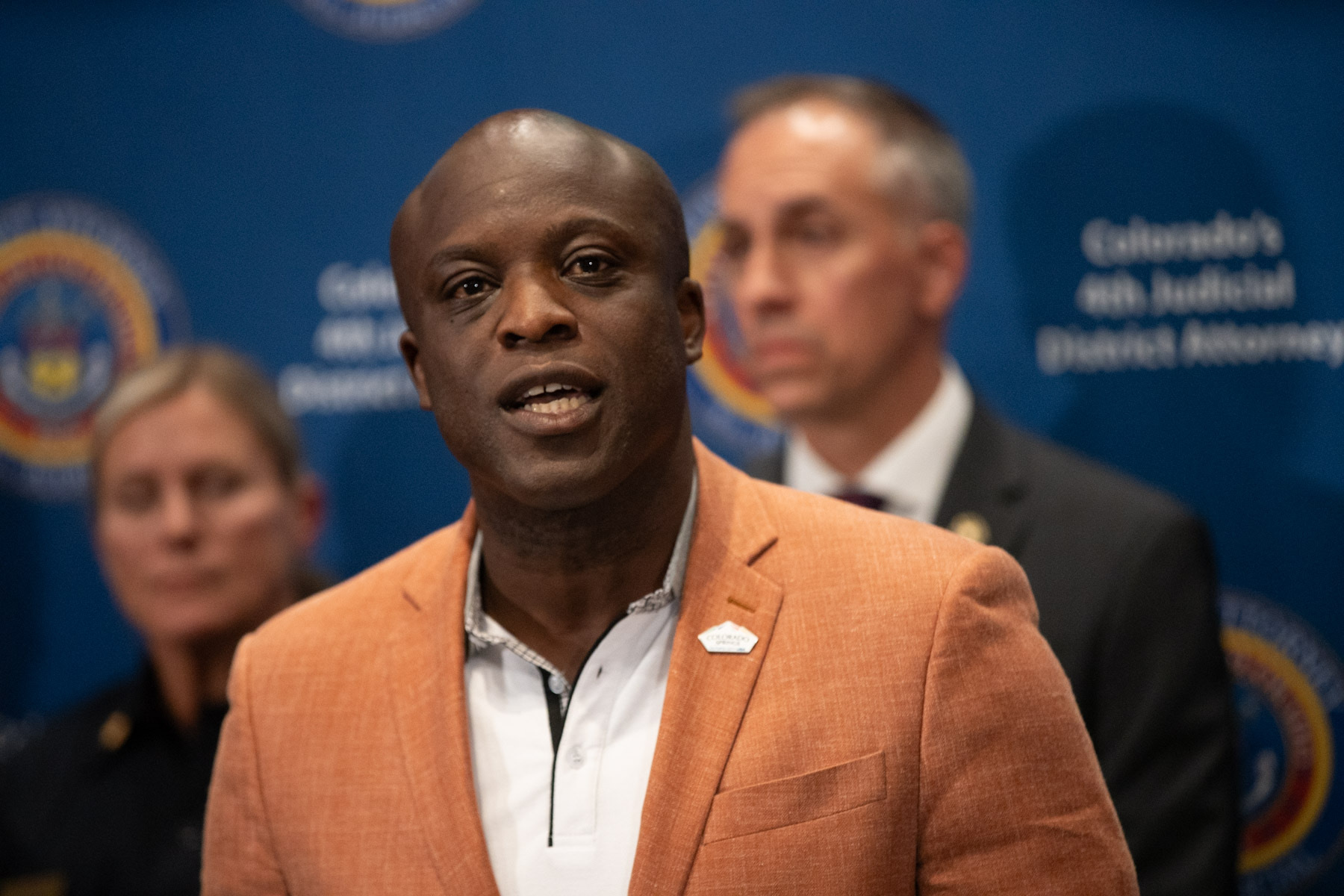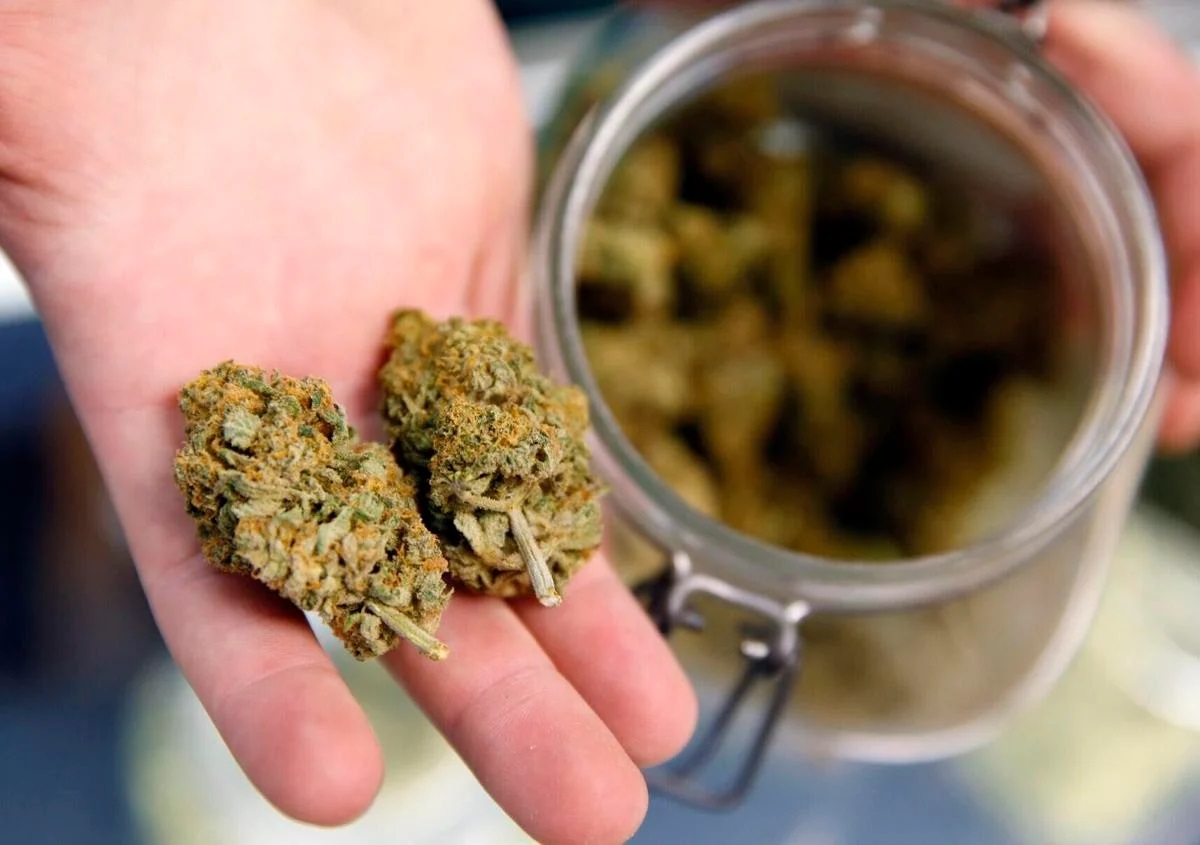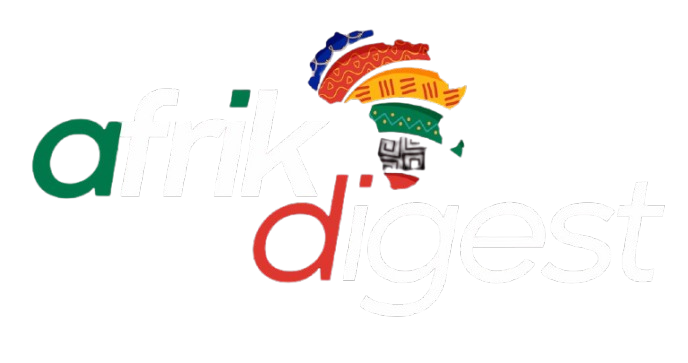
The Colorado Springs City Council and Mayor Yemi Mobolade are at odds with each other over the power to pick who will receive the tax revenues from recreational marijuana sales.
According to multiple news sources, voters laid out the broad framework for marijuana tax revenues in 2022, requiring potentially millions to fund post-traumatic stress disorder for veterans, mental health service and public safety services.
Last year, voters approved recreational marijuana sales, despite opposition from Mobolade, city councilmembers and other public officials.
Just recently, councilmembers voted 6-3 to set up a screening process to review applications for the money. They planned to use the applications to make recommendations to the mayor’s office. Mayor Mobolade also recently vetoed the measure and said to the media that all grant-making authority lies with his office.
Mobolade also said the review process set up by council creates unnecessary bureaucracy and directs money away from essential city services, and that his office would ensure the money was spent on residents’ priorities, such as public safety.
Councilmembers pushed back on his statement in one of their own, saying that public safety was listed as an intended and allowable use.
The council and mayor also share in the city budget process with the mayor presenting the council with a budget. The council then has the power to make changes before approving it.
The mayor said in his statement that the $1.4 million in anticipated marijuana tax revenues is a critical opportunity to strengthen the city’s core services and improve emergency response times and address the growing mental health crisis. His opinion piece in a prominent media organization emphasized the importance of investing in public safety at a time when the city is facing an $11.5 million shortfall.
“We must protect every dollar that supports the core services residents depend on,” he said.
The column did not address spending on PTSD treatment for veterans as required by voters.

The council leaned on the ballot language in its official response, noting that the voters approved language saying the amounts distributed from marijuana sales tax revenues will be “subject to the City Council’s discretion” and the group intends to honor the will of the voters.
“Claims that this ordinance ties the mayor’s hands or limits emergency tools are false,” the council’s statement said. “Any attempt to frame this as City Council ‘usurping’ authority is political theater.”
The statement went on to say the board would not allow “misinformation to distort the facts.”
The council would need another supermajority vote to override the mayor’s veto.
In the vote last week, Councilmembers Dave Donelson, Nancy Henjum and Kimberly Gold voted against the ordinance.
Several members of the public also spoke on the ordinance, making the case for the funding to be used on a Clean & Safe program for downtown that would add private security, outreach for homeless residents and ambassadors to promote downtown.
While the proposed program might fit the intent of voters, the council did not decide that question, but noted perhaps they could in the future.
“An ordinance like this, gives council an opportunity to focus dollars on a specific problem,” said Councilman Tom Bailey, who supported the measure.
Former Mayor John Suthers worked hard to have a collaborative relationship with council after Steve Bach, the city’s first strong mayor, struggled with an adversarial relationship that featured many vetoes.
But Suthers and the council did part ways over how many hooved pets residents should have in 2022.




